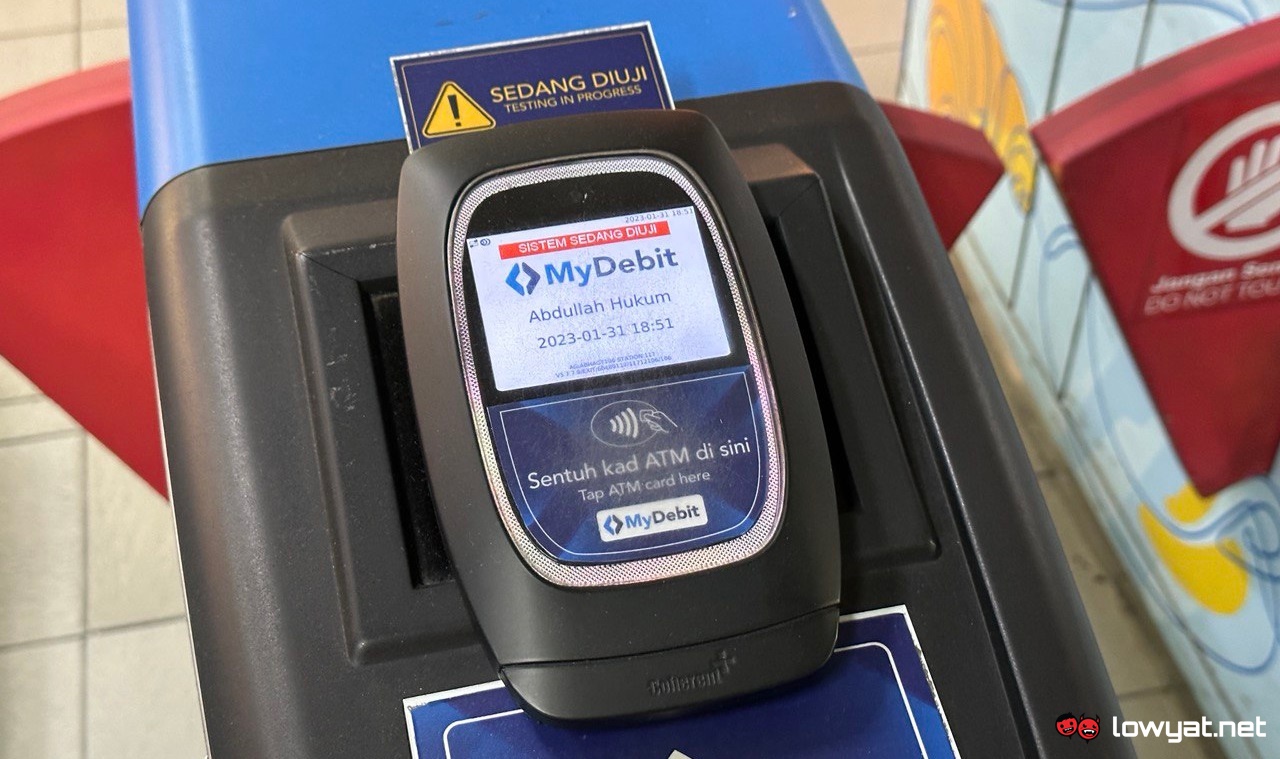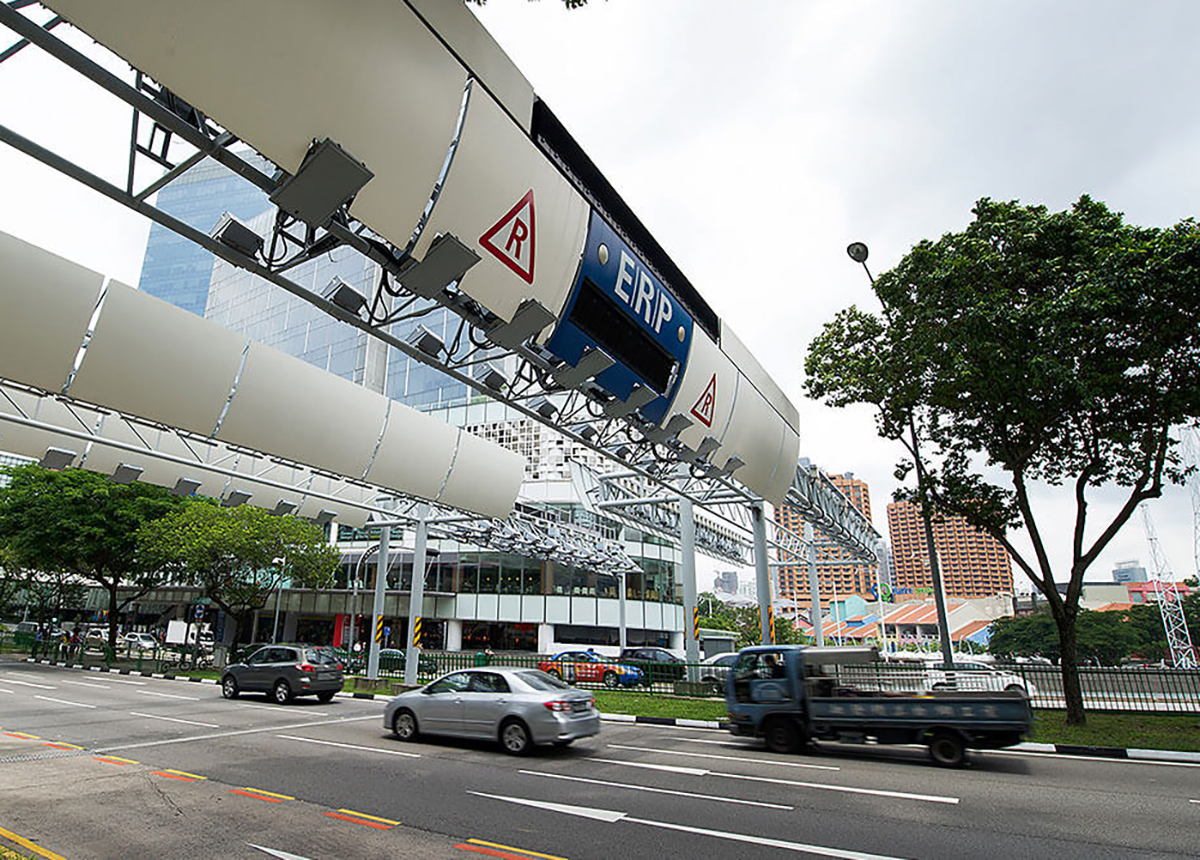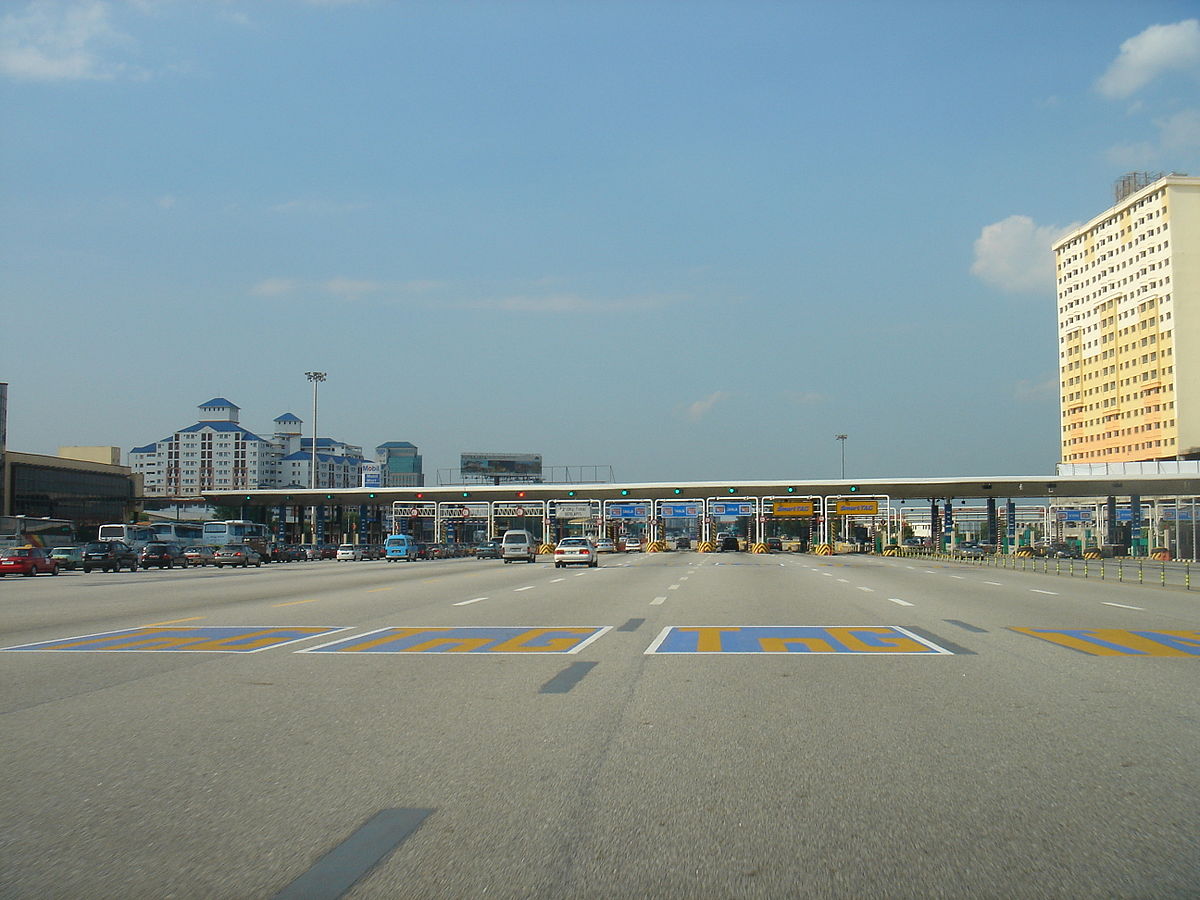The first location of the Multi Lane Fast Flow (MLFF) proof of concept (POC) has already been decided by the Works Ministry. According to its minister Alexander Nanta Linggi via a post shared on his official Facebook page earlier today, the system will be implemented at the Sungai Besi Highway by late October this year.
The MLFF (which was renamed from “Multi Lane Free Flow” to avoid any confusion, by the way) is confirmed to use an open payment system. As most are aware by now, this approach is currently being actively explored by the government, which would offer Malaysians the choice of paying their highway toll fares with any debit or credit card payment options.
Currently, highway users in Peninsular Malaysia are limited to using services and payments methods that are run exclusively by Touch ‘n Go (TnG), including its smart card, SmartTAG and RFiD systems. The company also is also the sole cashless payment service provider for all public transport in the country, which is something that’s planned to change by the government as well in the near future.

Keep in mind that the shift to an open payment approach for both toll and public transport is not intended to dissolve TnG altogether. Rather, as transport minister Anthony Loke previously pointed out, the primary goal for this implementation is to further provide convenience to users, with the company’s many services still included as one of several cashless payment options offered once the newer system is fully implemented. That being said, early stages of open payment will be coming to multiple highways in Peninsular Malaysia in September, while the expected implementation for public transport is still unconfirmed at this time.

Back on the subject of MLFF, Linggi added the Works Ministry will also hold discussions with other concession companies to obtain another highway after Sungai Besi for the implementation of the POC, with the announcement for the second location to be made at a later date. The minister also noted in the same Facebook post that the MLFF transition is aimed to be implemented in phases by the third quarter of 2024 at the latest.
(Source: Alexander Nanta Linggi [Facebook])
Follow us on Instagram, Facebook, Twitter or Telegram for more updates and breaking news.



